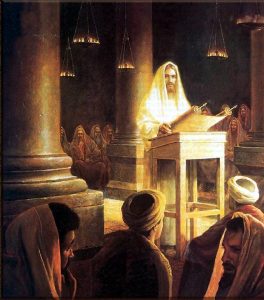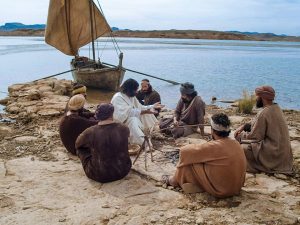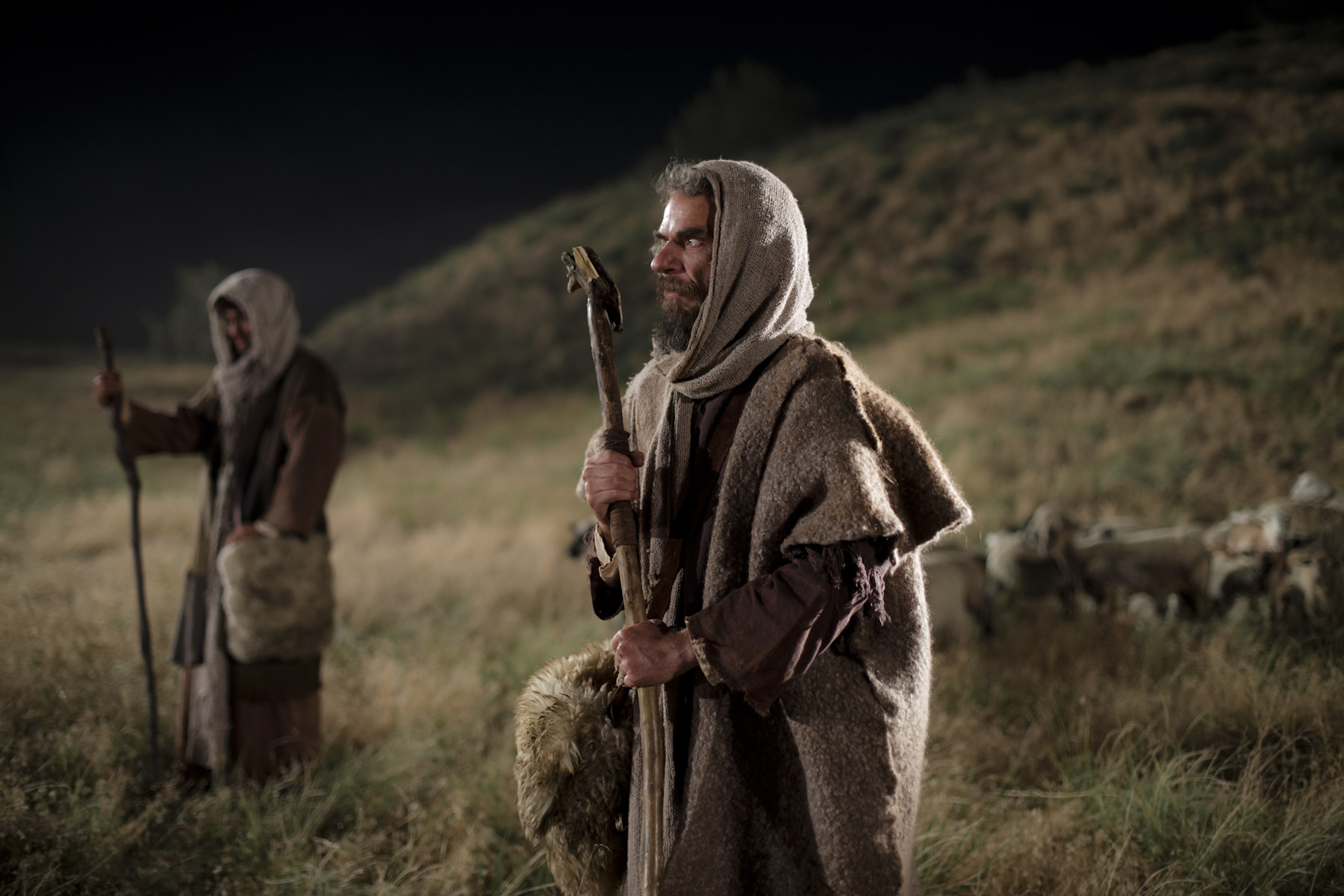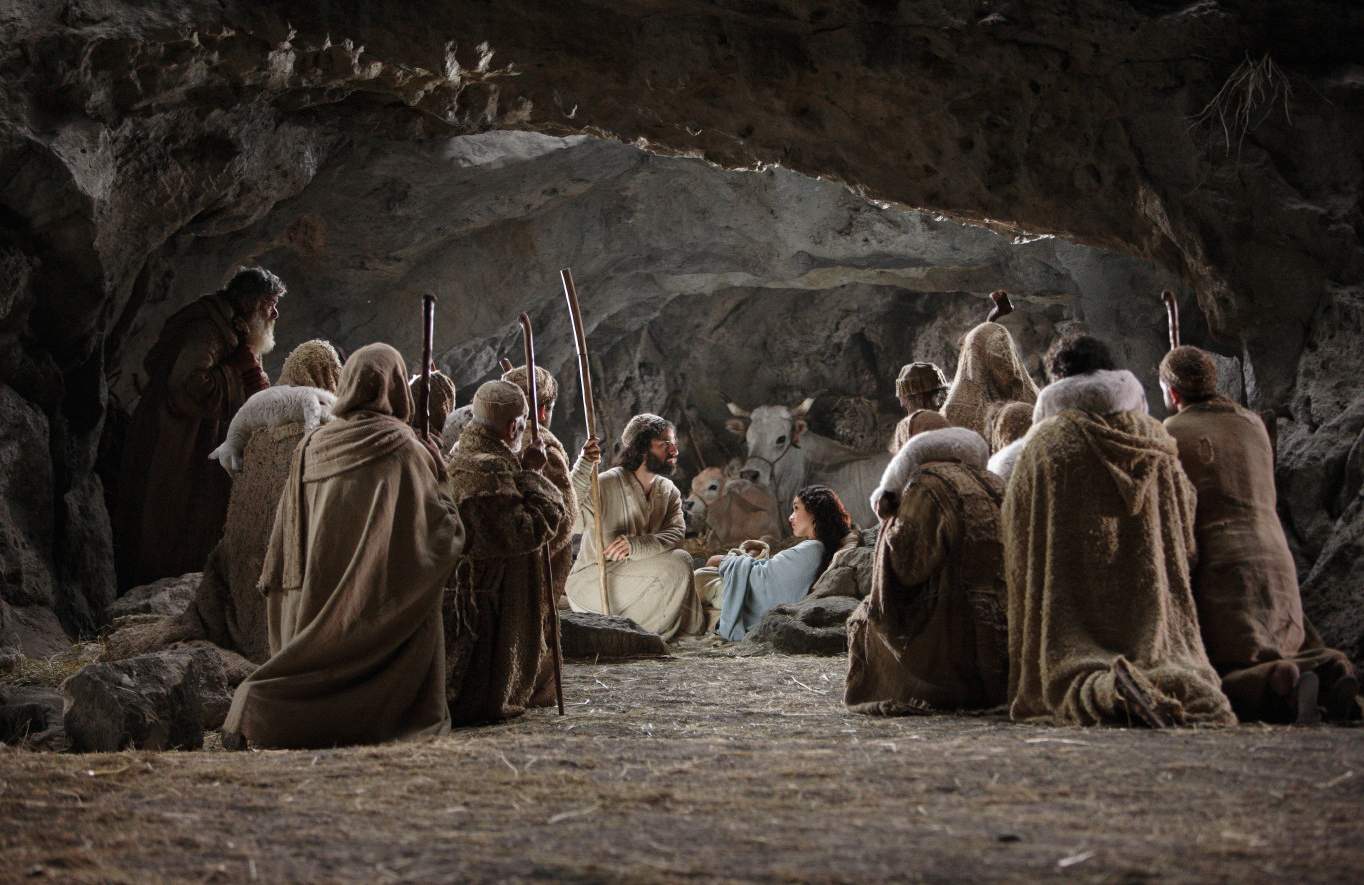There are words that sound somehow like… an alarm bell.
There is an urgency in the expression, it calls for an immediate reaction.
The word ‘Come’ is one of them.
This is the word that Jesus used on that day on the seashore.
The gospel text of today’s celebration tells us (Mark 1:14-20):
“He was walking along the Sea of Galilee…”
Seeing two men casting a net in the lake he told them:
 “Come, follow me”.
“Come, follow me”.
And he added: “I will make you into fishers of men”.
The amazing thing is that those two men did exactly that:
“At once, they left their nets”.
I picture the scene in my mind, and I try to imagine how these two fishermen felt.
A stranger comes and proposes a radical change of life, and at once the men accept.
Jesus repeats the same thing to two other fishermen, and they react in the very same way.
But this time, the words are said about Jesus:
“He called them at once…”
Lost in the English translation, but appearing in the French text of the first reading (Jonah 3:1-5.10),
the same expression: ‘At once’ is said of the people of Nineveh who readily accepted to believe in God after hearing the prophet Jonah.
At once, immediately, without delay – whatever the translation, all these words express an urgency.
The situation they refer to demands action now.
What is asked of us is clearly outlined by Jesus telling us:
“Repent and believe the good news!”
Will the words “at once, immediately, without delay” describe our own response?…
Note: Another text is available on a different theme, in French, at: https://image-i-nations.com/3e-dimanche-de-lannee-b-2024/
Source: Image: A Christian Pilgrimage
 Just imagine for a moment a man standing before a group of people.
Just imagine for a moment a man standing before a group of people. This is more or less a reproduction of what the scene in today’s gospel offers us (Jn.6:41-51).
This is more or less a reproduction of what the scene in today’s gospel offers us (Jn.6:41-51). Comme les autres, il avait suivi Jésus pendant trois ans – trois ans d’espoir…
Comme les autres, il avait suivi Jésus pendant trois ans – trois ans d’espoir…



 Ordinary people making the experience of an extraordinary event.
Ordinary people making the experience of an extraordinary event.
 God’s people throughout their history, God’s friends and God’s messengers – all needed to learn it:
God’s people throughout their history, God’s friends and God’s messengers – all needed to learn it: Strange things happen among us, people.
Strange things happen among us, people.